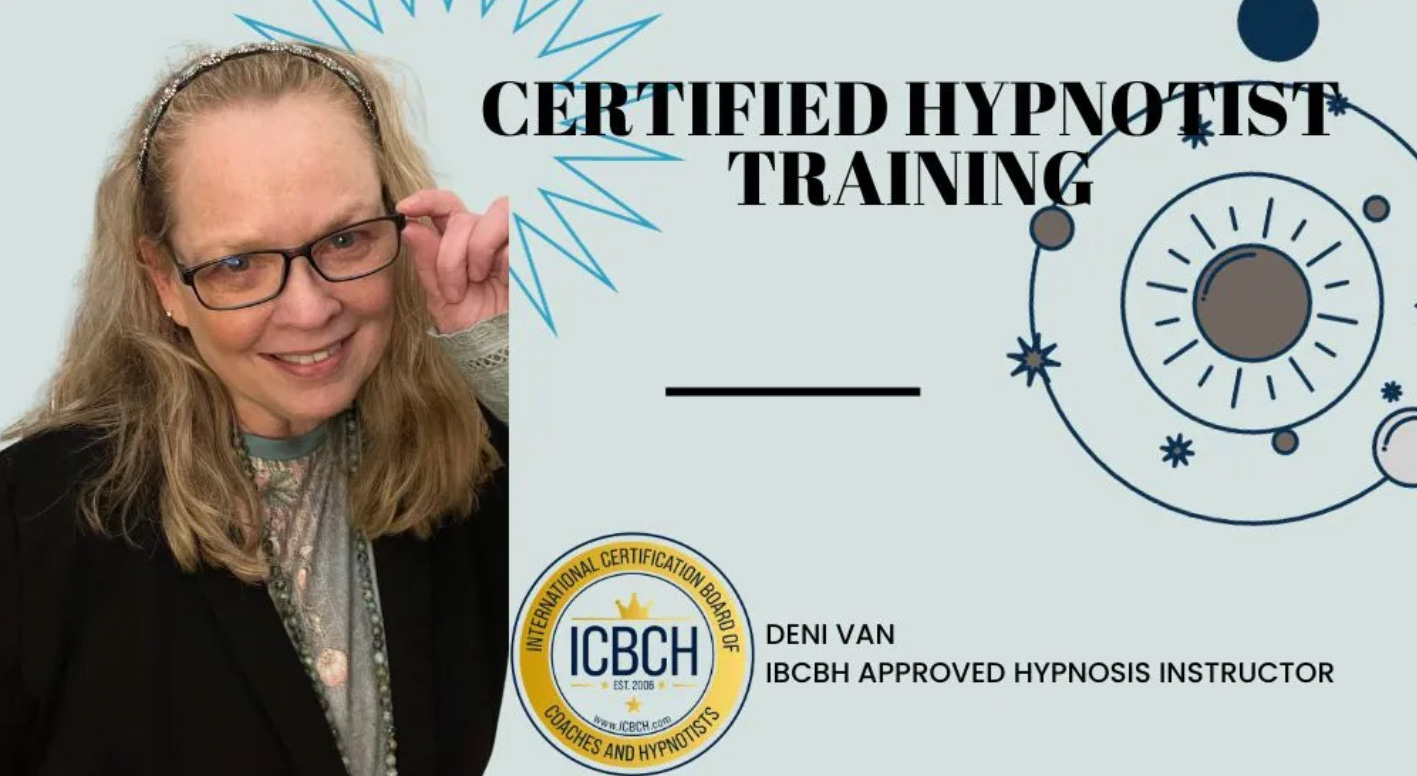Hypnotherapist vs Hypnotist
It is important to distinguish between a hypnotist and a hypnotherapist due to the legal implications involved. While both practitioners utilize hypnosis techniques, their qualifications and legal obligations differ significantly.
Understanding the distinction between these two roles is crucial in order to avoid potential risks associated with engaging an unqualified practitioner or falsely presenting oneself as a licensed therapist.
A hypnotist has received training in hypnosis techniques but may lack formal education or training in diagnosing mental health issues or providing therapy. They commonly use hypnosis for entertainment purposes or to assist clients with challenges like quitting smoking, losing weight, and managing stress.
On the other hand, a hypnotherapist is typically a licensed medical or mental health professional who has undergone specialized training in utilizing hypnosis techniques.
On the other hand, a hypnotherapist is typically a licensed mental health professional such as psychiatrists or clinical psychologists who work with clients on diagnosing and treating various mental health conditions. These professionals play a crucial role in helping individuals manage issues like anxiety disorders, phobias, and trauma-related conditions through therapy, counseling, and sometimes medication management.
Why It's Crucial to Choose a Qualified Hypnosis Practitioner
Self-directed healing methods can empower individuals to take charge of their own healing journey. These approaches often focus on mindfulness, self-care practices, and techniques such as journaling, meditation, or creative expression. By engaging in these activities, individuals can develop a deeper understanding of themselves and their emotions while building resilience and coping skills.
While traditional therapy has its benefits, self-directed healing methods offer flexibility and customization to suit individual needs and preferences. They can be particularly beneficial for those who prefer a more hands-on approach to their mental health treatment or who have had negative experiences with traditional therapy in the past.
It's important for individuals to explore different options and find what works best for them when it comes to addressing their mental health concerns. Whether they choose traditional therapy, self-directed healing methods, or a combination of both, the key is finding an approach that feels comfortable and effective for their unique needs.
As you embark on your journey towards becoming a certified hypnotist, it's important to understand the fundamental difference between traditional therapy and non-traditional self-directed healing. This knowledge will prove invaluable in choosing the right certifying instructor for your needs.
Non-traditional self-directed healing approaches like hypnosis provide an alternative method that avoids triggering traumatic experiences in the nervous system. Instead of revisiting past traumas, hypnosis plants seeds of change in the subconscious mind to integrate, release, and reprogram unhelpful patterns. This process enables individuals to access deeper levels of self-awareness for more profound transformations.
In contrast, traditional therapy often involves exploring a client's narrative and assigning them a diagnosis. Medications may then be prescribed to manage symptoms related to their condition. However, this approach can trigger clients by making them relive past traumas during sessions, leading their nervous system to believe the trauma is recurring.
Non-traditional self-directed healing methods like hypnosis can indeed offer a different approach to addressing mental health and well-being. By focusing on creating positive changes within the nervous system and integrating or releasing negative patterns, individuals may find relief without reactivating traumatic experiences as sometimes happens in traditional therapy. This alternative method emphasizes empowerment and self-discovery through techniques that aim to promote healing from within.
A skilled practitioner will guide you through learning how to use hypnosis effectively without re-traumatizing or reinforcing negative patterns of behavior. With this foundation in place, you'll be equipped with powerful tools for facilitating positive change.
The next phase of your journey involves picking a date for us to connect and discuss how we can work together to achieve your goals. During our conversation, we will explore whether our intentions and values are in alignment with each other. Learn more Contact us!

Watch the entire episode on our YouTube Channel! Please do subscribe!
Discover a new approach to mental well-being through non-traditional self-directed healing methods like hypnosis. Join us as we delve into the transformative world of empowering techniques that focus on creating positive changes within the nervous system and releasing negative patterns.
With Deni Van as our guide, explore how these alternative methods offer relief without reactivating traumatic experiences often associated with traditional therapy. Embark on a journey of self-discovery and empowerment, where healing comes from within. Dive deeper into this intriguing topic with Deni Van - your gateway to a brighter tomorrow. Contact us today!